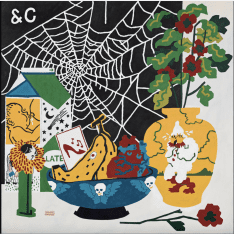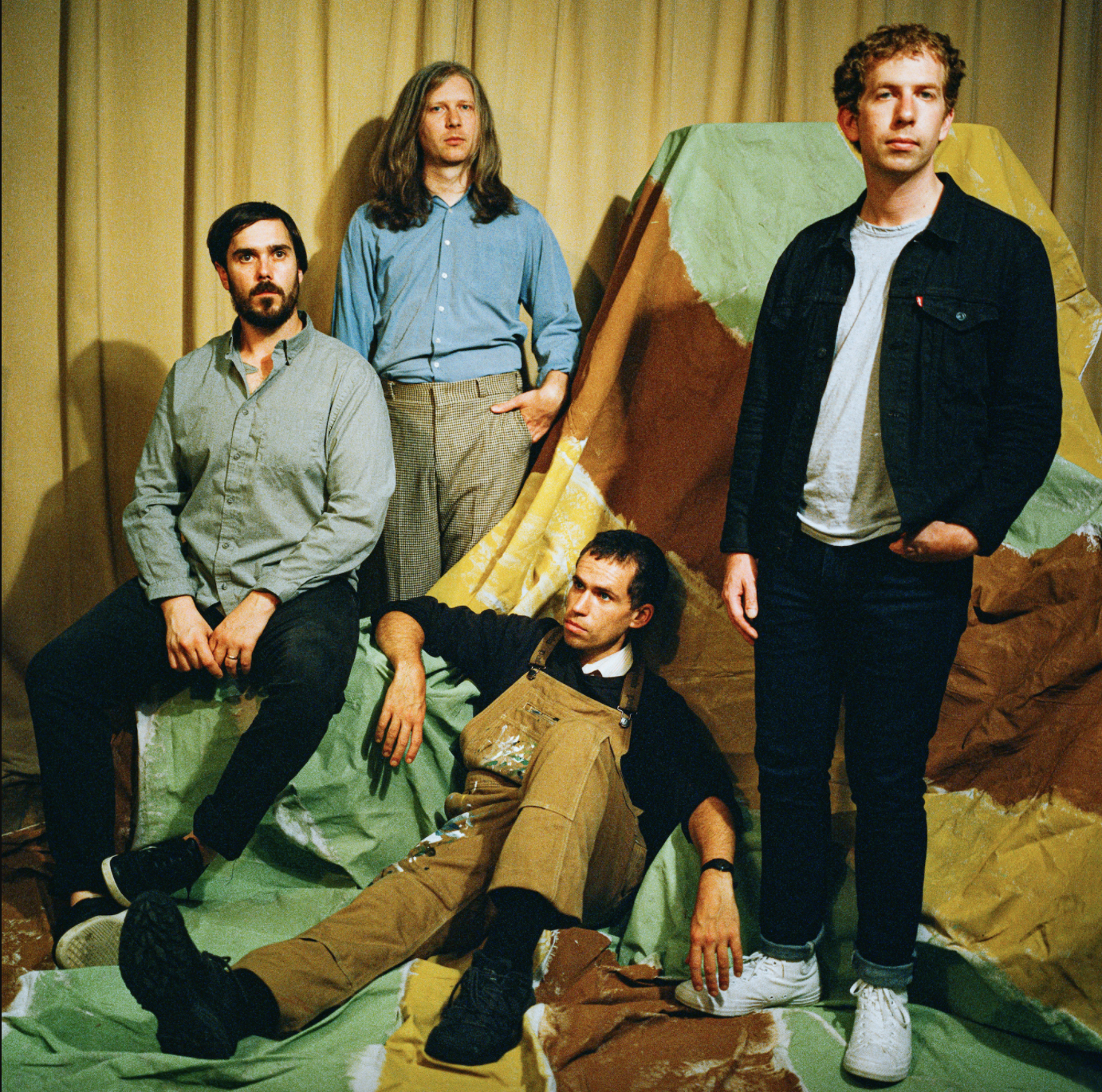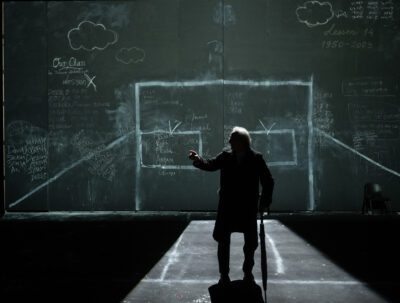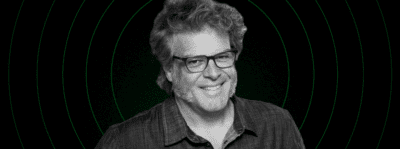Photo by Pooneh Ghana
Brooklyn rockers Parquet Courts get clubby on their new album
With 'Sympathy for Life,' the taut rockers have evolved their sound to include more dance-floor jams and synth vibes
Fans probably associate the music of indie rockers Parquet Courts with the no-frills aesthetic of some of the many places they’ve played around Brooklyn, like Trans Pecos or the Market Hotel. The dance halls at Black Flamingo or Elsewhere probably don’t come to mind.
But a lot of the band’s seventh full-length album “Sympathy for Life,” which came out Friday, takes inspiration from the electronic music spun at those latter places, and the broader energy of the dance music community.
“It wouldn’t have been something that I personally would have considered 10 years ago,” says Austin Brown, one of the band’s two singers, in an interview over Zoom. “But a person’s life is all about evolving and growth. And, for us, we’re always trying to do something different and evolve on our previous things. And that includes finding inspiration from different places.”

‘Sympathy for Life’ (Rough Trade)
The band made a name for themselves just about a decade ago with taut rock riffs and humorous, philosophical lyrics. There’s plenty of the traditional Parquet Courts sound on “Sympathy for Life,” but now it sits alongside synthesizers, a touch of drum machine, and a healthy serving of funky groove—the last element a holdover from their previous album, “Wide Awake.” The new record was largely produced by Rodaidh McDonald, who is best known for his work with electronic artists on the British XL record label, such as the xx and Sampha.
Outside of his work with the band, Brown has become a DJ, remixing songs for bands ranging from the British punks Shame to the New York new wave revivalists Public Practice (he’s married to their singer, Sam York). It was a natural evolution after finding a love for dance parties over the past several years.
Bassist Sean Yeaton says the few times he has gone out dancing to electronic music with Brown were “really powerful” experiences.
“The way that I’ve felt when I’ve been at these parties and out dancing has been like a kind of individual sort of liberation, where like a lot of things I’d be self conscious about or a lot of the sort of things that I might be worried about are kind of immediately answered or removed at the door,” says Yeaton, who now lives in rural Pennsylvania. “There’s a sort of egoless-ness, a community of love that is really, really inspiring, and also just so addictive.”
If it sounds like it—yes, some drug usage was part of the writing process. The band’s other singer and guitarist Andrew Savage decamped to Italy before the world’s pandemic lockdowns started, and while there engaged in what he calls “trippy lifting.”
“I took a lot of acid with me and started working out,” he says. “I would trip and work out during the day, then write songs at night.”
Daniel Arnold, who became Instagram famous for his candid NYC photography, captured the party vibe in a music video for the album’s lead single “Walking At a Downtown Pace,” a mix of traditional Parquet Courts guitar and a funky ‘80s dance beat (drummed by the younger Savage brother, Max) played over footage of the guys out on the town.
Only two of the band members still live in Brooklyn—Brown and Andrew Savage. When asked where they like to go out dancing these days, Savage mentioned the Bossa Nova Civic Club in Bushwick.
Austin is more into DIY house parties, but he doesn’t want to box his new inspiration into “place.”
“The most important part of the dance music community is really the cultural development, and it’s less about the building,” he says. “It’s more about the community.”


Parquet Courts, by Pooneh Ghana
You might also like 


























